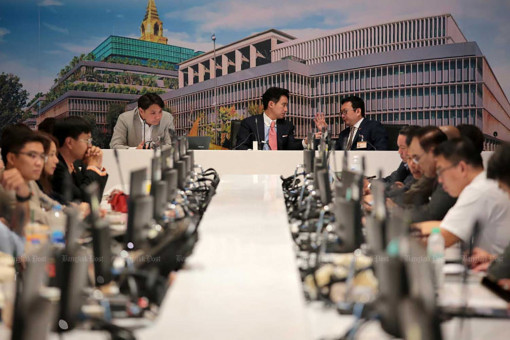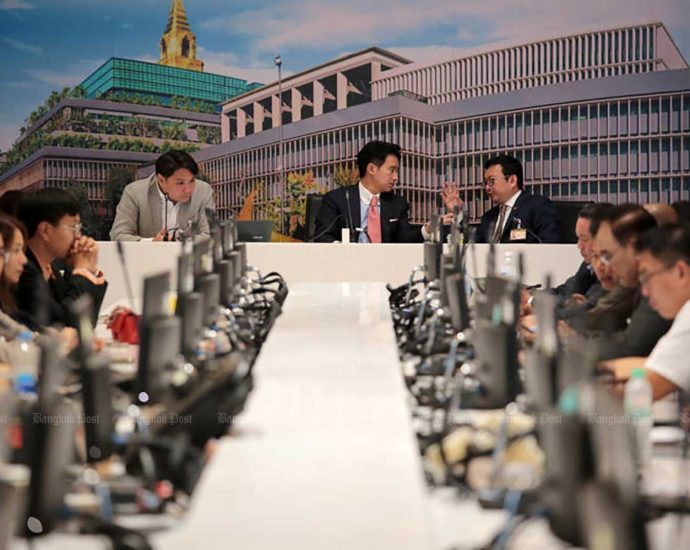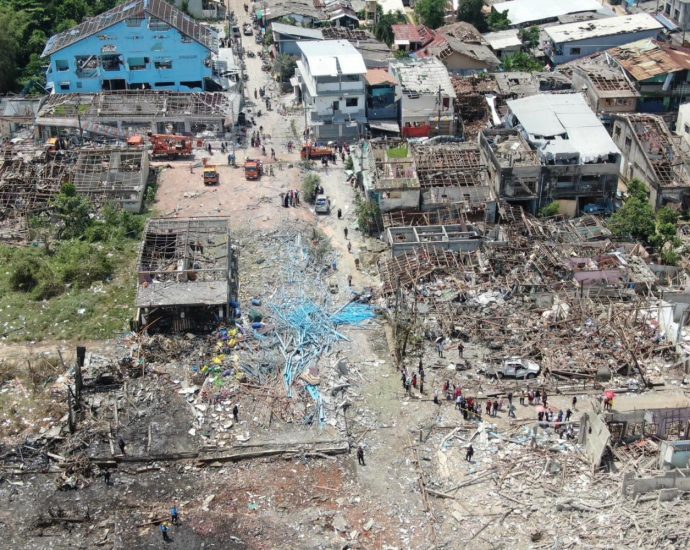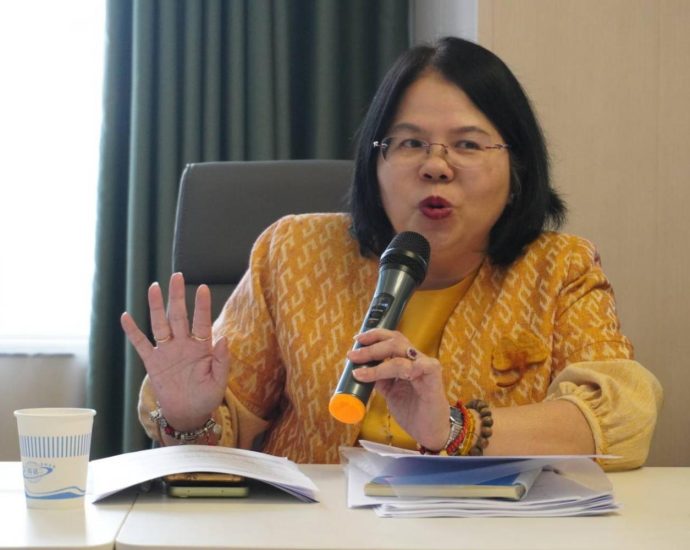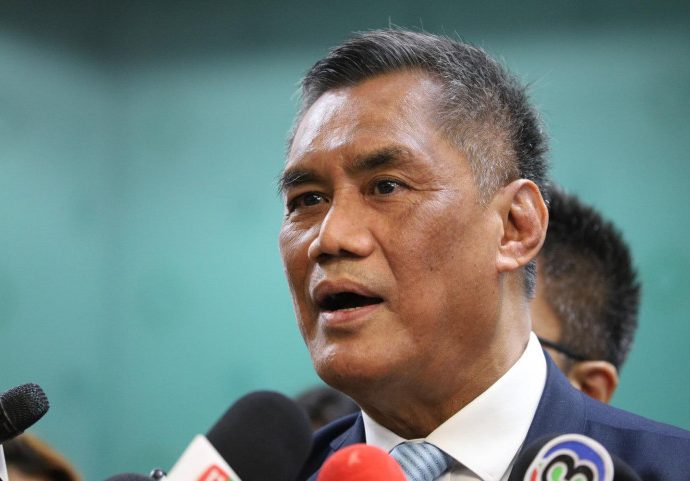Election-winning Move Forward calm amid rejig buzz
Pheu Thai PM choice set for Friday vote

The election-winning Move Forward Party (MFP) has dismissed speculation it will be excluded from a new government led by Pheu Thai, the party that came second, insisting that unity among the eight prospective coalition parties remains intact.
According to sources, the latest possible configuration of a new government has emerged, still comprising the original coalition allies but with the Bhumjaithai and Chartthaipattana parties also invited to join. The Palang Pracharath Party (PPRP) and the United Thai Nation Party (UTN) would remain excluded.
In this scenario, Srettha Thavisin, a PM candidate of Pheu Thai, would be nominated for the upcoming vote in parliament on Friday.
With the support of 71 MPs from Bhumjaithai and 10 from Chartthaipattana as well as the 312 MPs from the original eight-party bloc, Mr Srettha would get 393 votes which would be more than enough to see him become the next prime minister.
Under the constitution, a PM candidate needs the support of at least half of the 750 members of both the lower and upper chambers of parliament, or 376 votes in total.
However, observers believe that if Bhumjaithai, which is at odds with the MFP, joined the coalition, the MFP would decide to break away from the bloc and become the opposition but would still vote for the PM candidate from Pheu Thai.
The MFP has previously filed complaints against cabinet ministers from Bhumjaithai, accusing them in a no-confidence debate of corruption, while Bhumjaithai has made it clear it will not join a government if the MFP is part of it, citing the MFP’s bid to amend Section 112 of the Criminal Code, or the lese majeste law.
However, if the MFP pulls out of the coalition, Pheu Thai may again invite the PPRP, as well as the Democrat Party and the UTN to join the coalition, according to observers.
That said, Rangsiman Rome, MFP list MP and spokesman, downplayed a report that Pheu Thai would let Bhumjaithai take charge of forming a government without the MFP but with the UTN and PPRP asked to take part.
Mr Rangsiman said Bhumjaithai did not win the most seats in parliament and lacked the legitimacy to form a government.
“If Bhumjathai can form a government, this will deviate from normal circumstances…If we discussed politics on the basis of the people’s wishes, Bhumjaithai would not have a chance [of forming a government],” he said.
Wiroj Lakkhanaadisorn, an MFP list MP, also posted on Facebook that he did not believe a rumour that Pheu Thai would boot the MFP out of the coalition, saying it was meant to undermine the trust and unity among the eight parties.
“I don’t believe that Pheu Thai would force the MFP into the opposition bloc along with the UTN and the PPRP, and forge an alliance with Bhumjaithai, the Democrats, Prachachart, Chartthaipattana and other parties to form a government with a combined 262 members of parliament just to get support from the senators.”
Meanwhile, Pheu Thai secretary-general Prasert Chantararuangthong said on Sunday the coalition allies will discuss their stance ahead of the PM vote on Friday.
Wisut Chai-narun, a Pheu Thai MP for Phayao, said Mr Srettha is expected to be nominated for the vote and likely to get enough support to become prime minister.
Parliament president Wan Muhamad Noor Matha previously said parliament would convene on Aug 4, but whether the new vote for a prime minister takes place that day will depend on a decision by the Constitutional Court the day before.
The court will announce if it is to accept a petition regarding the rejected renomination of MFP leader Pita Limjaroenrat as prime minister. If accepted, the vote will not occur until the court’s ruling, Mr Wan said.

